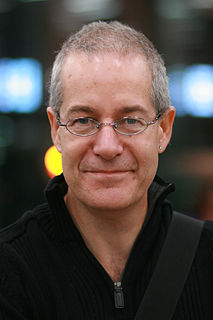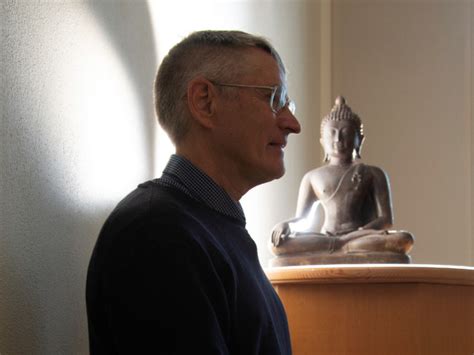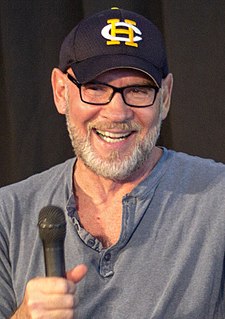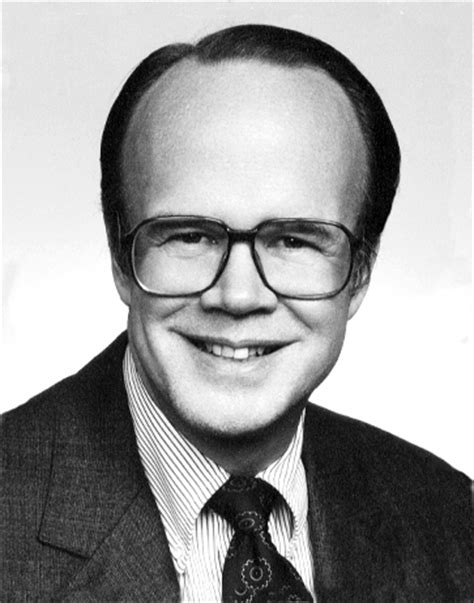A Quote by Leonard Mlodinow
We perceive, we remember our experiences, we make judgments, we act - and in all of these endeavors, we are influenced by factors that we aren't aware of.
Related Quotes
Once you accept the fact that people have 'individual choices' and they're 'free' to make those choices. Free to make choices means without being influenced and I can't understand that at all. All of us are influenced in all our choices by the culture we live in, by our parents, and by the values that dominate. So, we're influenced. So there can't be free choices.
The task of neural science is to explain behaviour in terms of the activities of the brain. How does the brain marshall its millions of individual nerve cells to produce behaviour, and how are these cells influenced by the environment...? The last frontier of the biological sciences – their ultimate challenge – is to understand the biological basis of consciousness and the mental processes by which we perceive, act, learn, and remember.
The Constitution exists precisely so that opinions and judgments, including esthetic and moral judgments about art and literature, can be formed, tested, and expressed. What the Constitution says is that these judgments are for the individual to make, not for the Government to decree, even with the mandate or approval of a majority. Technology expands the capacity to choose; and it denies the potential of this revolution if we assume the Government is best positioned to make these choices for us.
How aware are we of our own inner life, our spirituality-something so intangible yet so priceless? How much effort do we make to perceive that which is not obvious, which can neither be seen nor heard? I believe the exploration and enrichment of the human spirit is what determines our very humanity. Such enrichment provides an inner compass that can lead civilizations to greatness.
The chief problem with television is that, for those who watch it consistently, it undermines and eventually destroys the ability to think. This is because it communicates primarily images, not by words, and words are necessary if we are to perceive logical connections and make judgments as to what is right and wrong.





































